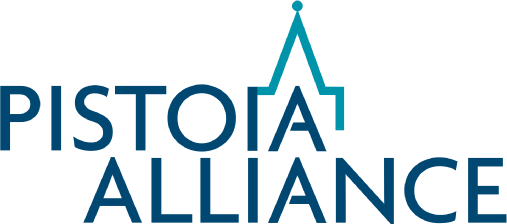Swiss Personalized Health Network – From Clinical (Routine) Data to FAIR Research Data
The Swiss Personalized Health Network (SPHN) has created a national framework for standardizing the semantic representation of health data, in alignment with the FAIR principles. This framework is implemented in all Swiss university hospitals and utilizes a universal exchange language built upon international standard vocabularies, creating atomic building blocks of knowledge that can be applied […]
